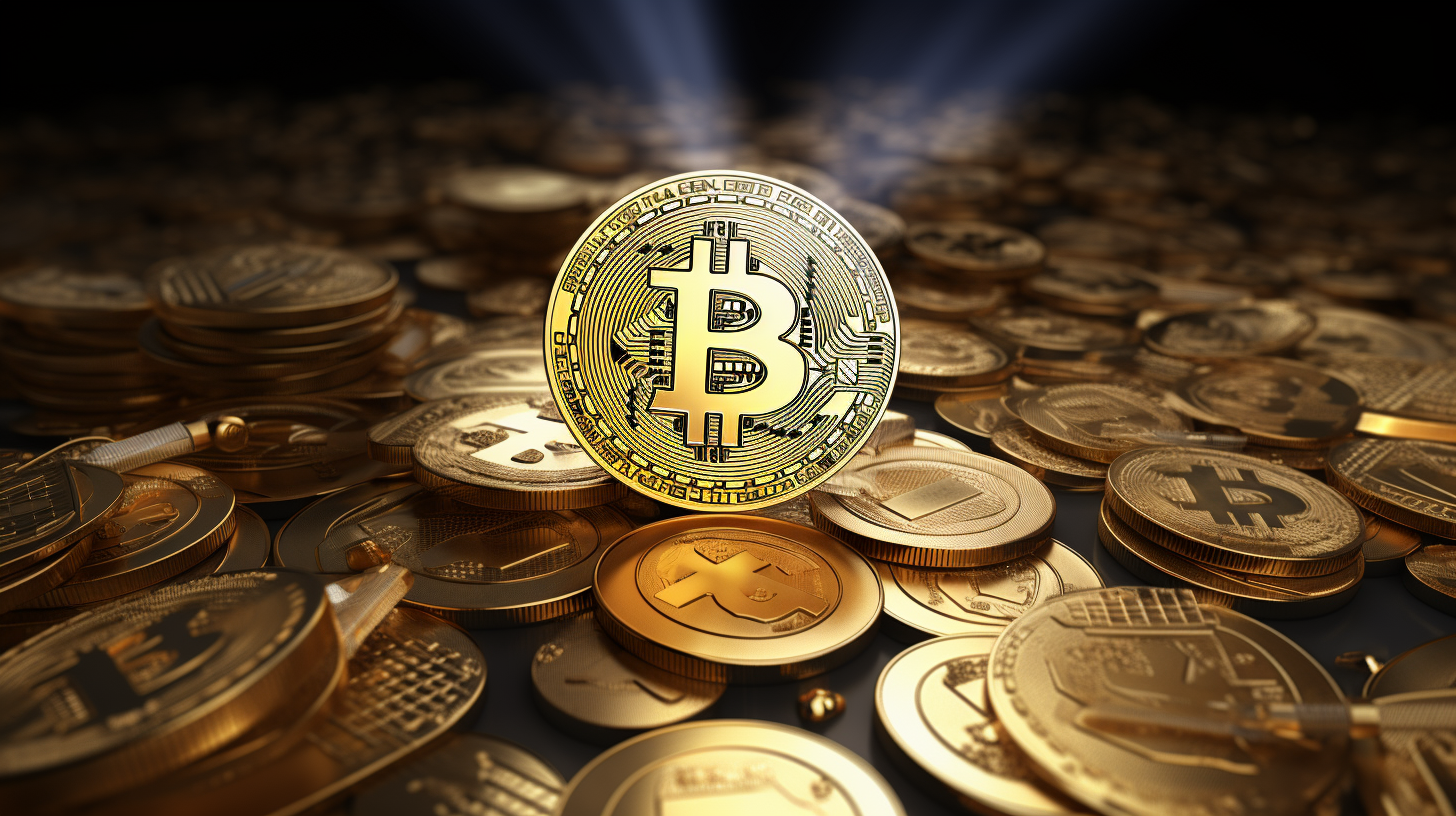In the illuminated corridors of the modern healthscape, where Blockchain shines brighter than the florescent tubes, we now witness healthcare and education joining forces in the crypto-universe. The quest for universality in patient care previously explored the symbiosis of ‘health tokenomics’ and global crowdfunding. Today, we delve even deeper into this brave new world, uncovering how the confluence of cryptocurrency and healthcare education is rewriting the prescription for medical enlightenment.
The journey into crypto-education in healthcare is much like navigating the intricate layers of the human genome, requiring precise and thoughtful exploration. This journey leads us down a path where healthcare professionals are not only healers but also savvy crypto navigators, using digital currencies as tools for knowledge dissemination and skill acquisition.
A pinnacle of this pioneering effort is the rise of cryptographically secured educational platforms. These platforms are popping up like mushrooms after a blockchain rain. They serve as comprehensive repositories of medical information, validated by immutable records and available worldwide at a crypto cost. We’re not just talking about simple databases – these are interactive learning ecosystems where professionals and the public can earn crypto-tokens through active participation and achievement, exchanging them later for further learning opportunities or health services.
Our narrative meanders through the virtual halls of an online crypto-medical university – the kind where blockchain doesn’t just secure patient data but also certifies your medical degree. Here, students pay their tuition in Ethereum, dissect virtual cadavers with NFT-access tools, and graduate with the cryptographic surety that their credentials are forever etched in a ledger as immutable as diamond.
Consider the case of a pharmaceutical research project, financed by a medley of altcoins. Crypto makes it feasible for small-scale investors to fund revolutionary drugs and treatments researched within these virtual campuses. The quid pro quo? These micro-investors receive tokens granting them priority access to the new treatments upon successful market introduction. A perfect symbiosis of education, healthcare, and financial investment emerges, ones with the potential to morph into a brand-new economic model for medical innovation.
Rewinding our focus to the present makes it evident that practical challenges remain. Regulatory frameworks that recognize the validity of crypto-based education qualifications are sparse. How can a doctor educated in a decentralized academy practice in a world that still clings to traditional paradigms? The dialectic between distributed ledger technologies and centralized educational accreditation is yet to reach its denouement, though the tempo of change beats faster every day.
We also traverse the darker alleys of this futuristic cityscape, acknowledging the lingering concerns over data privacy and the digital divide. If the key to medical advancement lies in these crypto-forests, can we ensure everyone has the compass to navigate them? As with any lucrative technology, the risk of exclusivity remains. Ensuring equitable access to this crypto-educational renaissance is a duty that cannot be overlooked.
To conclude, we stand on the edge of a new frontier in healthcare education, championed by digital currencies and smart contract technology. While We’ve looked to the stars and seen how crypto can democratize patient care, let’s not forget that the future health of humanity begins with the education of its caretakers. The dreams of a universal healthcare system championed by cryptocurrencies draw nearer as we educate the present to treat the future.
